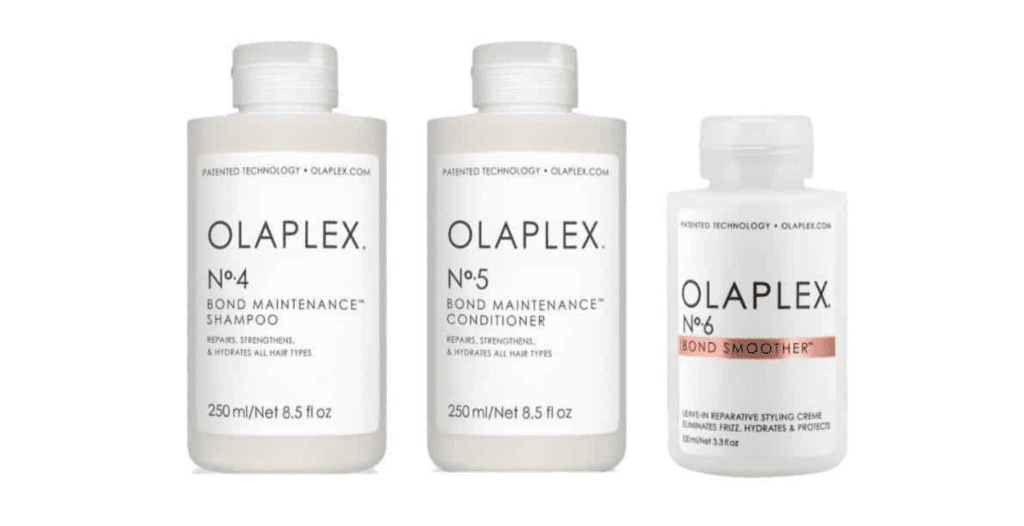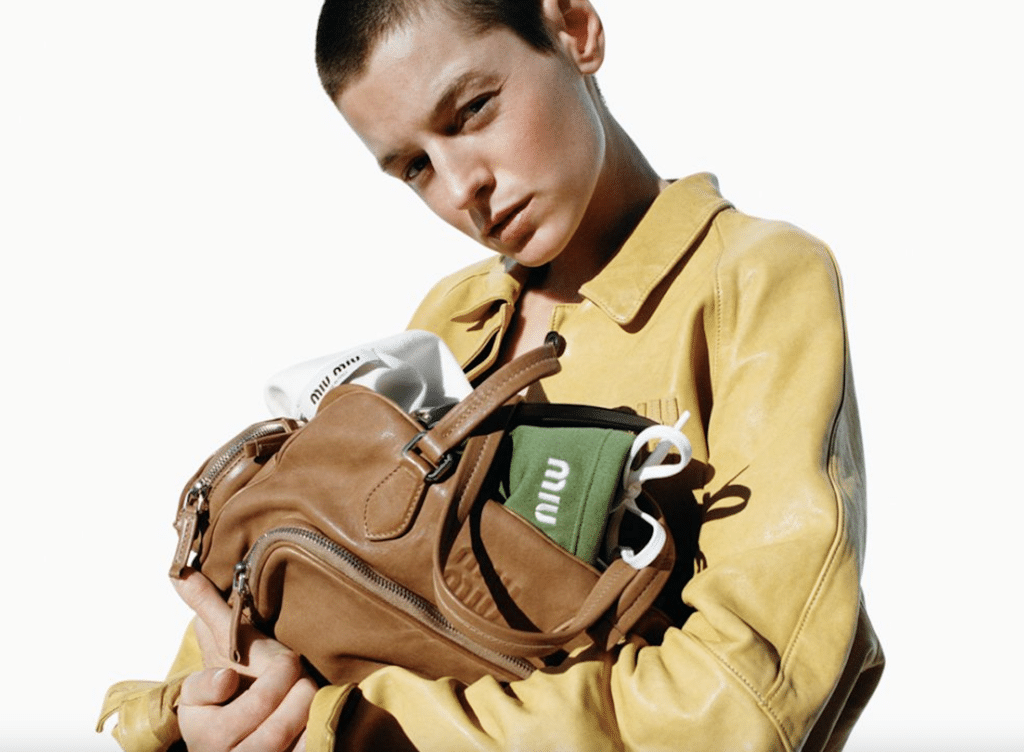In May 2015, executives from two haircare companies came together at a restaurant in sunny Southern California to discuss a potential acquisition. A representative for established industry stalwart L’Oreal USA met with an officer from the barely one-year-old Olaplex, a California-based startup that was gaining traction for its proprietary bonding system, a multi-step process aimed at strengthening and protecting hair, in Santa Monica to commence a dialogue about a potential deal.
The acquisition discussions – which saw Olaplex co-founder and chief executive officer Dean Christal share “confidential information,” including about an unpublished Olaplex patent application “in good faith,” information that L’Oreal agreed to keep secret by way of a formal confidentiality agreement – were put to bed early, L’Oreal would later allege. The beauty industry titan asserted that as soon as Mr. Christal put a $1 billion price tag on his venture, a figure that L’Oreal has characterized as a “sham,” the negotiations for an acquisition came to a halt … for good.
But while the two parties’ willingness to explore a potential purchase had expired by the end of spring of 2015, their involvement would go on for much longer. In January 2017, Olaplex filed a trade secret misappropriation, patent infringement, and breach of contract lawsuit against L’Oreal, and a bitter, transnational legal battle centering on blatant theft and “corporate greed” was born.
In its suit, which was filed in a Delaware federal court, Olaplex claimed that less than a year after the May 2015 meeting, L’Oreal introduced its own hair bonding system. In doing so, Olaplex claimed that L’Oreal had “willfully copied [its] technology without authorization to create three slavish knockoff [products],” and in the process, not only ran afoul of the legally-binding confidentiality agreement it signed but also infringed two of Olaplex’s patents. L’Oreal’s actions, the now 5-year old Olaplex argued, were part of a “willful and wanton” scheme to “deliberately … injure Olaplex’s business and improve its own.”
The suit was not entirely unprecedented, as Olaplex had filed a similar suit against L’Oreal in the United Kingdom in late 2016, but this was a striking site, nonetheless, in that it was the start of yet another David v. Goliath battle, as Olaplex so aptly described it, a case that, as of this week, David won.
Despite L’Oreal’s counsel’s claims during a week-long trial that L’Oreal independently conceived of its version of the hair bonding products in August 2014, and the allegedly confidential information upon Olaplex had based its case was already publicly-known information (and thus, not protected by trade secret law), a jury sided with Olaplex.
To be exact, following a multi-hour deliberation, a federal jury in Delaware found that L’Oreal’s infringement of Olaplex’s patents was, in fact, willful, and the patents at play are at the very core of Olaplex’s entire business. (U.S. District Judge Joseph Bataillon held in June that L’Oreal’s products had infringed the two patents at issue).
On Monday, the jury also decided that L’Oreal had stolen trade secrets from Olaplex, and had breached the confidentiality agreement it entered into on connection with that confidential information. And still yet, it found that the buzzy haircare company is entitled to nearly $100 million in damages ($22 million in damages for the breach of contract, $22 million for trade secret misappropriation, and almost $47 million for patent infringement), a sum that could be changed based on the judge’s discretion.
A spokesperson for L’Oreal USA told TFL on Tuesday, “We are disappointed in and strongly disagree with today’s jury verdict, which applies only to the U.S. market. We continue to believe that Olaplex’s accusations against us are unfounded.” The company says it “will appeal this verdict and expect to prevail on all counts.” Moreover, “In addition to our appeal of the jury verdict, we have ongoing invalidation proceedings before the United States Patent & Trademark Office and the Federal Court of Appeals. We expect these future rulings to invalidate both patents at-issue in this case.”
UPDATED (August 19, 2019): Judge Bataillon has cut the jury award to Olaplex in half, holding that the jury had essentially provided Olaplex with a double recovery for the same conduct and that the verdict needed to be adjusted to from $93 million to $50 million.
*The case is Liqwd Inc. v. L’Oreal USA Inc., 1:17-cv-00014 (D. Del.).











